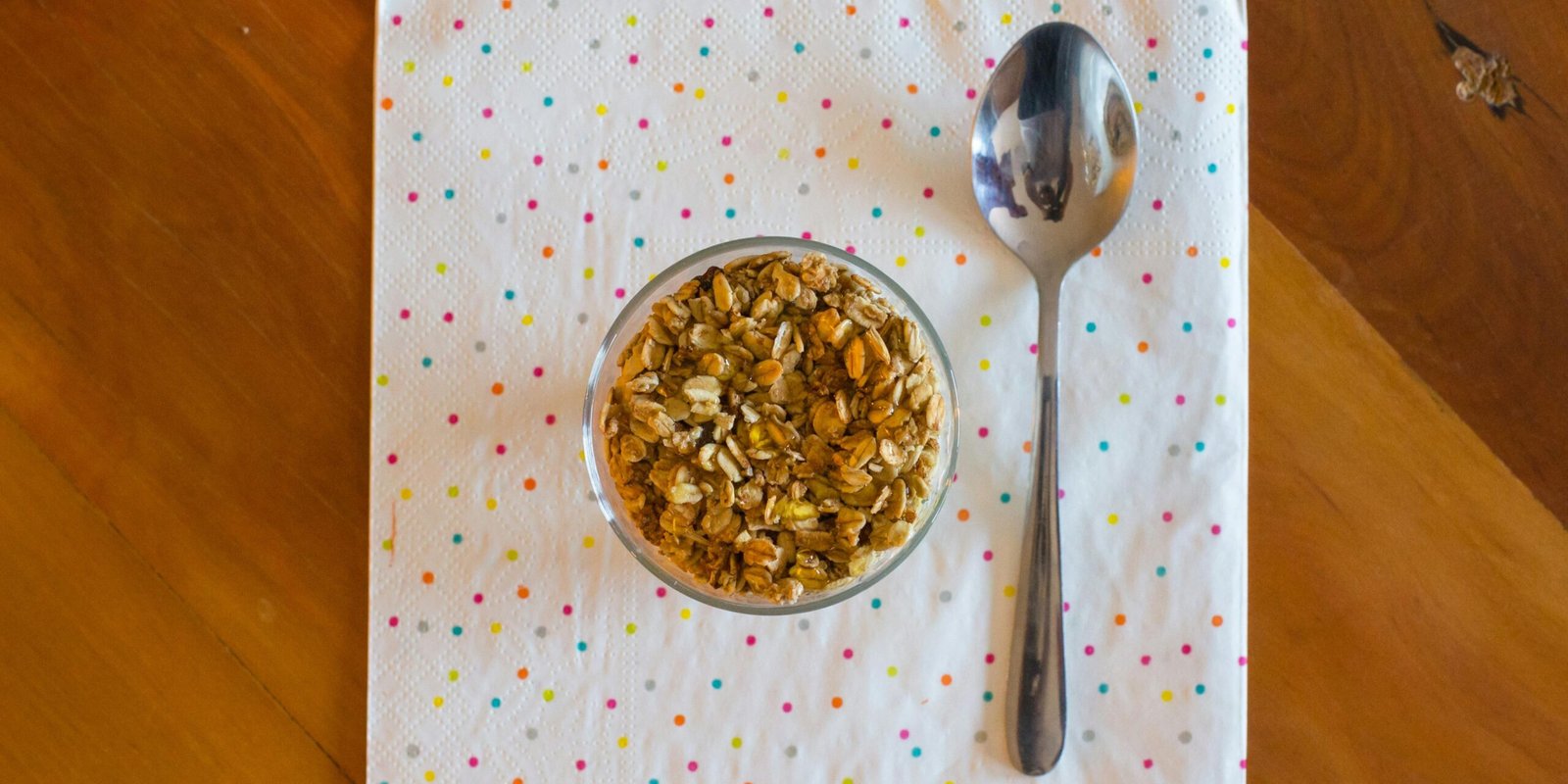Table of Contents
Embarking on a journey towards a healthier lifestyle is a choice that reaps countless benefits. But where to begin? It’s often the initial steps that prove the most daunting. However, by focusing on simple yet powerful habits, you can lay a sturdy foundation for a healthier and more fulfilling life. Whether you’re looking to boost your energy levels, improve your mood, or enhance your overall well-being, these top 10 healthy habits offer a roadmap to start your journey today. From hydration to mindfulness, each habit is a stepping stone towards a healthier, happier you. So, let’s dive in and discover the transformative power of incorporating these habits into your daily routine.
HYDRATE REGULARLY

Water is the elixir of life, essential for the proper functioning of every cell, tissue, and organ in your body. Yet, it’s astonishing how easily we can overlook this basic necessity in the hustle and bustle of daily life. Hydrating regularly is the cornerstone of good health, impacting everything from digestion to cognitive function and even mood.
Aim to drink at least eight glasses of water a day, but remember, your individual hydration needs may vary depending on factors like activity level, climate, and overall health. Listen to your body; thirst is a signal that your body needs hydration, so don’t ignore it. To make staying hydrated easier, carry a reusable water bottle with you throughout the day. Set reminders on your phone or use apps to prompt you to drink water regularly. You can also infuse your water with fruits or herbs for a refreshing twist that makes hydration more enjoyable.
PRIORITIZE BALANCED NUTRITION

Food is not just fuel; it’s the building blocks of your body, providing the essential nutrients needed for optimal health and vitality. Prioritizing balanced nutrition is crucial for sustaining energy levels, supporting organ function, and reducing the risk of chronic diseases.
Start by embracing a colorful array of whole foods, including fruits, vegetables, whole grains, lean proteins, and healthy fats. These nutrient-dense foods are packed with vitamins, minerals, antioxidants, and fiber, providing your body with the nourishment it needs to thrive. Focus on creating balanced meals that include a variety of food groups. Fill half your plate with fruits and vegetables, a quarter with lean protein sources like poultry, fish, tofu, or legumes, and the remaining quarter with whole grains or starchy vegetables. Don’t forget to add a source of healthy fat, such as avocado, nuts, seeds, or olive oil, to round out your meal.
While it’s essential to nourish your body with wholesome foods, it’s also important to enjoy treats in moderation. Allow yourself the flexibility to indulge in your favorite foods occasionally, but aim to make the majority of your choices nutrient-rich and minimally processed.
MOVE YOUR BODY DAILY

Exercise is not just about sculpting your physique; it’s about nurturing your body and mind. Incorporating daily movement into your routine is one of the most powerful ways to enhance your overall health and well-being.
Find activities that you enjoy and that fit seamlessly into your lifestyle. Whether it’s a brisk walk in nature, a yoga session in your living room, a bike ride around your neighborhood, or a dance class with friends, the options are endless. The key is to choose activities that you look forward to and that bring you joy. Strive for at least 30 minutes of moderate-intensity exercise each day. This could be anything that gets your heart pumping and your body moving. Not only does regular physical activity help you maintain a healthy weight and improve your cardiovascular health, but it also boosts your mood, reduces stress, and enhances cognitive function.
Incorporate movement into your daily routine whenever possible. Take the stairs instead of the elevator, walk or bike to nearby destinations instead of driving, or do a few stretches while watching TV. Every little bit adds up and contributes to your overall health and well-being.
PRACTICE PORTION CONTROL

In a world of super-sized meals and endless buffets, portion control can be a challenge. However, mastering this healthy habit is key to managing your weight, preventing overeating, and promoting better digestion.
Start by familiarizing yourself with proper portion sizes. Use visual cues such as your hand or common household items to gauge appropriate serving sizes. For example, a serving of protein should be about the size of your palm, a serving of grains should be about the size of your fist, and a serving of fats should be about the size of your thumb. Be mindful of portion distortion when eating out or snacking on packaged foods. Restaurants often serve oversized portions, so consider sharing a meal with a friend or packing up half to take home. When snacking, portion out your snacks into individual servings rather than eating straight from the bag, which can lead to mindless overeating.
Listen to your body’s hunger and fullness cues. Eat slowly, savoring each bite, and stop when you feel satisfied, not stuffed. It takes about 20 minutes for your brain to register fullness, so give yourself time to determine if you’re truly hungry or just eating out of habit or boredom.
GET SUFFICIENT SLEEP

Sleep is often undervalued in today’s fast-paced world, yet it’s one of the most critical pillars of good health. Adequate sleep is essential for physical, mental, and emotional well-being, playing a crucial role in memory consolidation, immune function, mood regulation, and overall vitality.
Make sleep a priority by aiming for 7-9 hours of quality sleep each night. Establish a consistent sleep schedule by going to bed and waking up at the same time every day, even on weekends. This helps regulate your body’s internal clock and promotes better sleep quality. Create a relaxing bedtime routine to signal to your body that it’s time to wind down. This could include activities such as reading, taking a warm bath, practicing relaxation techniques like deep breathing or meditation, or listening to calming music.
Limit exposure to screens, such as smartphones, tablets, and computers, before bedtime, as the blue light emitted can interfere with your body’s natural sleep-wake cycle. Instead, opt for activities that promote relaxation and prepare your mind and body for restful sleep. Avoid stimulants such as caffeine and nicotine close to bedtime, as they can interfere with your ability to fall asleep. Additionally, limit alcohol consumption, as it can disrupt sleep patterns and lead to fragmented sleep.
MANAGE STRESS EFFECTIVELY

In today’s fast-paced world, stress is pervasive, but how you manage it greatly affects your well-being. Effective stress management is crucial for maintaining balance and resilience.
Relaxation techniques like deep breathing and meditation are potent tools for stress relief. They calm the mind, reduce tension, and foster inner peace. Incorporate stress-reducing activities into your routine, such as stretching breaks, nature walks, or hobbies. These activities prevent burnout and support emotional well-being. Develop healthy coping strategies like problem-solving and seeking support. Building resilience helps navigate challenges and bounce back stronger. Set boundaries to avoid overwhelming commitments. Prioritize mental and emotional health by letting go of perfectionism and people-pleasing. Regular self-care, including exercise, healthy eating, and spending time with loved ones, is vital. Cultivate activities that bring joy and fulfillment to nourish your body, mind, and spirit.
PRACTICE MINDFUL EATING

In today’s hurried world, mindful eating offers a transformative approach to food and well-being. It involves fully engaging with the eating experience, appreciating each bite, and tuning into your body’s signals.
Start by slowing down and savoring your meals. Take a moment to observe colors, textures, and aromas, and center yourself with deep breaths. Eliminate distractions like TV or phones, creating a peaceful environment. This allows you to focus on eating mindfully and recognizing hunger and satisfaction cues. Chew slowly, relishing flavors, and listen to your body’s signals of fullness. Practice self-compassion, letting go of judgment about eating habits. Express gratitude for your food’s nourishment, acknowledging the effort behind its preparation. Cultivate appreciation for the abundance of nourishing food available to you.
Mindful eating isn’t about perfection but fostering awareness and gratitude for your body and food. By adopting this approach, you can develop a healthier relationship with eating and enhance your overall well-being.
LIMIT PROCESS FOODS AND SUGARY DRINKS

In today’s modern food environment, processed foods and sugary drinks are ubiquitous and often tempting choices. However, these foods are typically high in added sugars, unhealthy fats, sodium, and artificial ingredients, making them detrimental to your health when consumed in excess. By limiting your intake of processed foods and sugary drinks, you can improve your overall health and reduce your risk of chronic diseases such as obesity, type 2 diabetes, and heart disease.
Start by reading food labels and ingredient lists when shopping for groceries. Choose whole, minimally processed foods whenever possible, such as fruits, vegetables, whole grains, lean proteins, and healthy fats. These foods are rich in essential nutrients and fiber, promoting satiety and supporting optimal health.
Be mindful of hidden sugars in processed foods, sauces, condiments, and salad dressings. Check ingredient labels for terms such as sucrose, high-fructose corn syrup, and other forms of added sugars. Choose products with minimal added sugars or make your own sauces and dressings using natural sweeteners such as honey, maple syrup, or dates.
CULTIVATE HEALTHY RELATIONSHIPS

While we often focus on physical health, nurturing healthy relationships is equally essential for our overall well-being. Strong connections with family, friends, and community provide vital support, reduce stress, and contribute to our happiness and fulfillment.
Invest time and effort in building and maintaining meaningful relationships with loved ones. Prioritize spending quality time together, whether it’s sharing a meal, going for a walk, or simply having a heartfelt conversation. Show genuine interest in their lives, listen actively, and offer support and encouragement when needed. Practice empathy and compassion towards others, seeking to understand their perspectives and experiences without judgment. Show kindness and generosity towards those in need, offering a listening ear, a helping hand, or words of encouragement when they’re struggling.
Invest in self-care and prioritize your own well-being in your relationships. Take time for activities that nourish your body, mind, and soul, and set aside time for solitude and reflection. By caring for yourself, you’ll be better equipped to show up fully for others and contribute positively to your relationships.
PRACTICE GRATITUDE DAILY

In the hustle and bustle of daily life, it’s easy to get caught up in the challenges and stresses we face. However, taking time each day to practice gratitude can shift our focus from what’s lacking to what we have, cultivating a sense of abundance and contentment in our lives.
Start by setting aside a few moments each day to reflect on the things you’re thankful for. This could be done through journaling, meditation, prayer, or simply taking a quiet moment to express gratitude silently to yourself. Focus on the present moment and notice the small blessings and joys that surround you each day. It could be as simple as the warmth of the sun on your face, the laughter of a loved one, or a kind gesture from a stranger. Challenge yourself to find gratitude even in difficult situations. While it may be challenging at times, reframing adversity as an opportunity for growth and learning can help cultivate resilience and a sense of gratitude for the lessons learned.
Incorporating these top 10 healthy habits into your daily life can have a profound impact on your overall well-being and quality of life. From nourishing your body with wholesome foods to nurturing meaningful relationships and practicing gratitude, each habit plays a crucial role in supporting your physical, mental, and emotional health.
By prioritizing hydration, balanced nutrition, regular exercise, portion control, sufficient sleep, stress management, mindful eating, and limiting processed foods and sugary drinks, you can create a solid foundation for a healthier, happier lifestyle. Cultivating healthy relationships and practicing gratitude daily further enriches your life and fosters a sense of connection, joy, and fulfillment.
Remember, change doesn’t happen overnight, and it’s okay to start small and progress gradually. Celebrate your successes along the way and be gentle with yourself during setbacks or challenges. With patience, consistency, and determination, you can transform your habits and create a life filled with vitality, purpose, and well-being.
Here’s to embracing these healthy habits and embarking on a journey towards a healthier, happier you!
MORE LIFESTYLE RELATED ARTICLES

